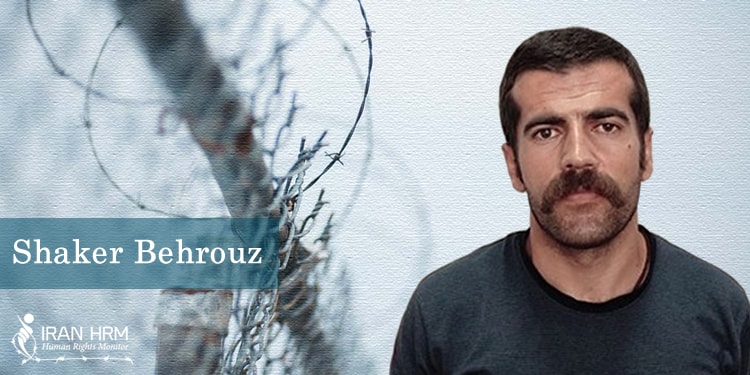Iran’s Supreme Court has upheld the death sentence of a political prisoner detained in Urmia, northwestern Iran.
Branch 31 of the Supreme Court in Qom, upheld the death sentence of Kurdish political prisoner Shaker Behrouz. The sentence was notified to Mr. Behrouz in Urmia Prison.
Shaker Behrouzi, 32, is single and comes from Dizej of Urmia.
He was sentenced to death for the murder of an Islamic Revolutionary Guard Corps (IRGC) member, Mamol Mohammadi. This is while there are 12 witnesses from Dizaj Margavar village in northwestern Iran saying Shaker was in their village at the time Mamol Mohammadi was killed.
The family of the victim do not have any complaints against Shaker Behrouz and do not believe that he is the murderer. They have even declared that they are ready to testify about this in any court. But intelligence services have threatened to withdraw the aid granted to the family of the victim, who was an IRGC member, if they do not complain against Shaker Behrouz.
Shaker was also charged for being a member of the Kurdish Democratic Party of Iran.
In March 2020, he was sentenced to five years of prison for other charges.
Intelligence services fabricated a new case for him in July 2020. The Second Branch of the Revolutionary Court of Urmia held the trial. On September 10, 2020, the Court informed Mr. Behrouz’s lawyer that he had been sentenced to death on the charge of “armed insurgency and membership in a Kurdish opposition party.”
Shaker Behrouzi became a member of the KDPI in 2018, but in September of that year, he returned to Iran with guarantees that he would be safe. He reported in to the Intelligence Department of Urmia. After 14 days of interrogation he was released.
Intelligence agents arrested Mr. Behrouzi on March 12, 2019. They held him in solitary confinement for one year and 9 days at Al-Mahdi Corps of Urmia, and subsequently transferred him to the Central Prison of Urmia.
Mamel Mohammadi, a member of the IRGC, was killed on March 13, 2020, in Mergour region of Urmia by unidentified armed men.
The Iranian regime has a long history of torturing prisoners, especially political prisoners, to contract forced confessions or to simply punish them. In July 2020, two Kurd political prisoners were hanged in Urmia, northwestern Iran for penalties based on forced confessions.











